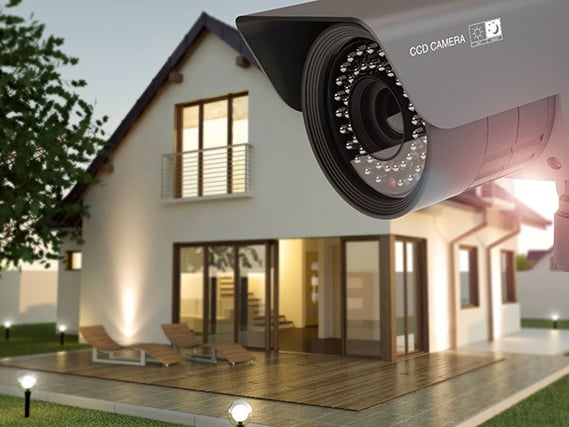Hiring a community manager to help with the day-to-day operations of a homeowners' association (HOA) can enrich your community while also simplifying your board's obligations.
A good community manager will help you with important association issues and represent you to other service providers.
Maintaining a positive connection with your manager is beneficial to everyone, as it provides a direct line of communication for both your board and residents.
Continue reading to find out how to improve your relationship with your community manager.
What is a Community Manager's Job Description?
The obligations of a community manager are outlined in your community's bylaws or in your management company's contract.
A community manager is in charge of the overall operations and administration of the organization in accordance with board rules, governing documents, and applicable local, state, and federal laws and regulations. However, this varies with every association.
A community manager collaborates closely with the board to carry out a variety of important tasks and to address any complaints or issues that arise.
Managers, contrary to popular belief, do not make choices for the community; instead, they serve as consultants, provide recommendations, and carry out the board's decisions.
Work Together More Effectively
Serving on the board of directors of your association can be a valuable experience, but it's also a position with many obligations that can easily overload a board.
A community manager assists with the hard lifting by offering support, counsel, and oversight in all areas of the association, including maintenance, financial, and administrative matters.
Consider the following items to ensure a productive connection with your community manager:
Set specific goals. In a contract or agreement, clearly state your expectations and avoid ambiguous or confusing language.
Keep a level head. When resolving a problem, work as a team with your community manager and consider alternative ideas or viewpoints.
Know what you're doing. To help your manager serve you best, be aware of your organization's needs, understand what's in your governing papers, and get familiar with federal, state, and local rules and regulations that may apply to your organization.
Knowing the operations and structure of your HOA is part of a community manager's job, but making it obvious to them how they can assist you to achieve your goals as a board member is the key to a long-term partnership.
Keep an Open Mind About New Techniques
It's also worth remembering that your community manager brings outside experience and techniques. While the board may have always managed a certain issue in a specific way doesn't mean it has to be that way forever.
If a better method comes along, adopting it will improve the performance and happiness of the community. Keep an open mind about new techniques that your community manager introduces or that are developed as technology improves.
Make Sure Resources and Goals Align
The best way to see your policies well implemented is to ensure that the resources are available to implement them. Every policy comes with a few requirements in terms of budget, facilities, and equipment.
Your community manager will need access to those resources in order to uphold your policies and enact your plans. Make sure that the resources are available to meet your goals, and work with your community manager to determine just what is needed.
Review Progress and Plan Ahead
Finally, work together with your community manager to plan for the future. Review recent progress and make decisions on how to move forward. The best community results come from the board working together with their community manager to build plans that align with community goals and with practical logistics.
As a representative board, the association has the ability to hold votes and speak for the community. The community manager brings the logistical power to implement the goals of the community.
Communities with rapid improvements and satisfied residents are those where the association board and community manager have joined forces to make and enact highly satisfying plans.





